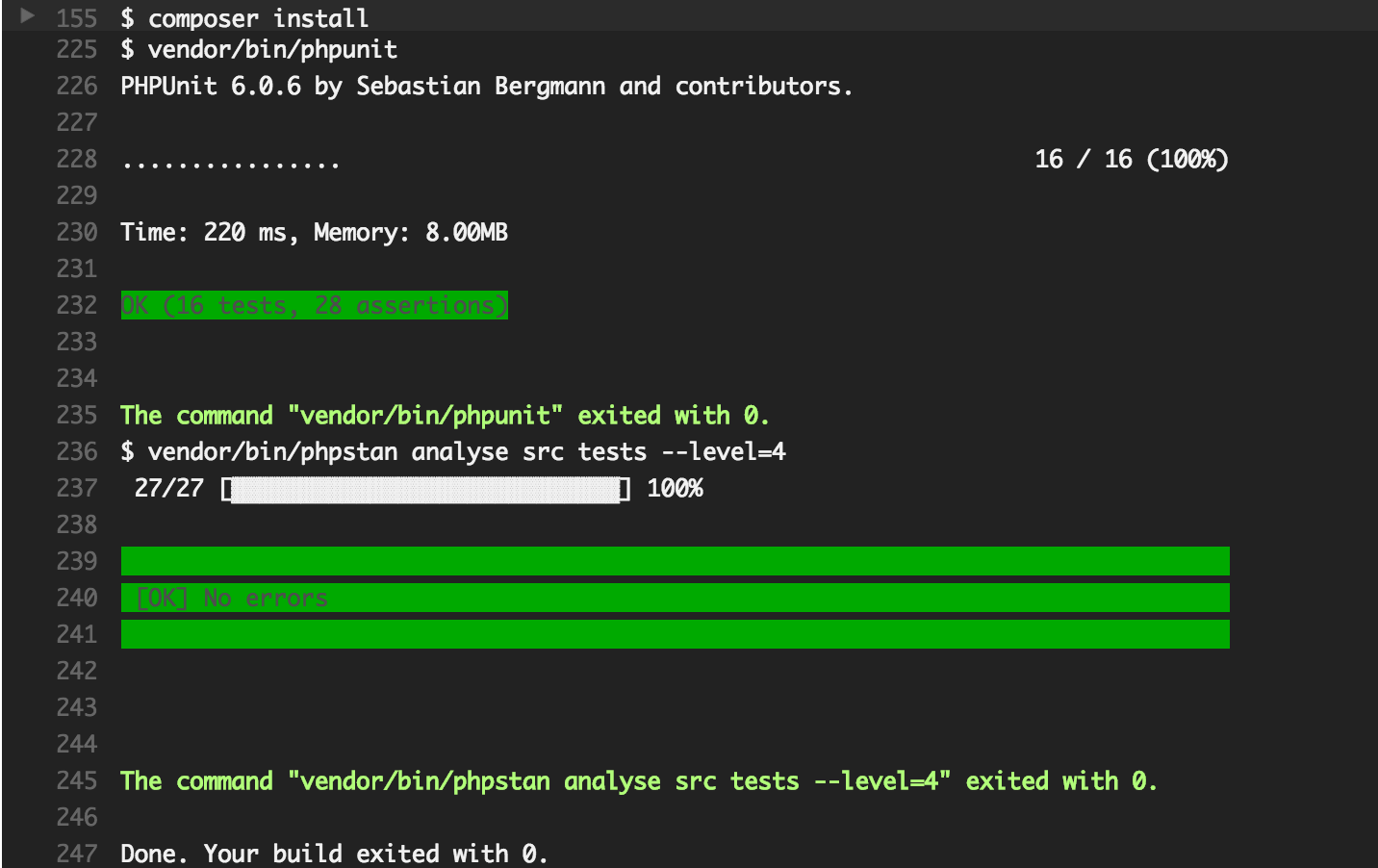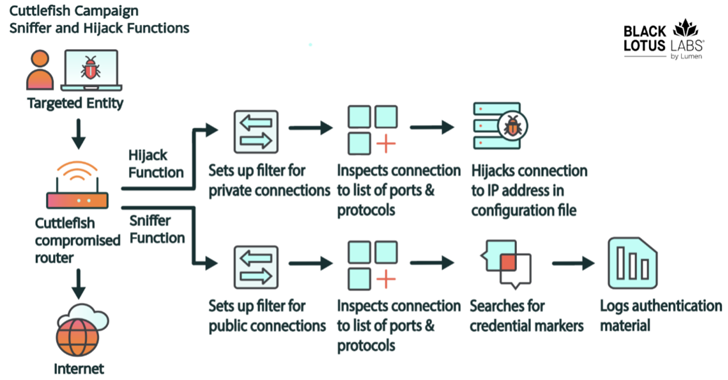PHPStan focuses on finding errors in your code without actually running it. It catches whole classes of bugs even before you write tests for the code. It moves PHP closer to compiled languages in the sense that the correctness of each line of the code can be checked before you run the actual line.
Prerequisites
PHPStan requires PHP >= 7.1. You have to run it in environment with PHP 7.x but the actual code does not have to use PHP 7.x features. (Code written for PHP 5.6 and earlier can run on 7.x mostly unmodified.)
PHPStan works best with modern object-oriented code. The more strongly-typed your code is, the more information you give PHPStan to work with.
Properly annotated and typehinted code (class properties, function and method arguments, return types) helps not only static analysis tools but also other people that work with the code to understand it.
Installation
To start performing analysis on your code, require PHPStan in Composer:
composer require --dev phpstan/phpstan
Composer will install PHPStan’s executable in its bin-dir which defaults to vendor/bin.
If you have conflicting dependencies or you want to install PHPStan globally, the best way is via a PHAR archive. You will always find the latest stable PHAR archive below the release notes. You can also use the phpstan/phpstan-shim package to install PHPStan via Composer without the risk of conflicting dependencies.
You can also use PHPStan via Docker.
First run
To let PHPStan analyse your codebase, you have to use the analyse command and point it to the right directories.
So, for example if you have your classes in directories src and tests, you can run PHPStan like this:
vendor/bin/phpstan analyse src tests
PHPStan will probably find some errors, but don’t worry, your code might be just fine. Errors found on the first run tend to be:
- Extra arguments passed to functions (e. g. function requires two arguments, the code passes three)
- Extra arguments passed to print/sprintf functions (e. g. format string contains one placeholder, the code passes two values to replace)
- Obvious errors in dead code
- Magic behaviour that needs to be defined. See Extensibility.
After fixing the obvious mistakes in the code, look to the following section for all the configuration options that will bring the number of reported errors to zero making PHPStan suitable to run as part of your continuous integration script.
Read more about PHPStan on Medium.com »
Try out PHPStan on the on-line playground! »
View Github Project for Custom Configuration and Downloads >>







